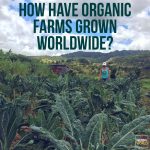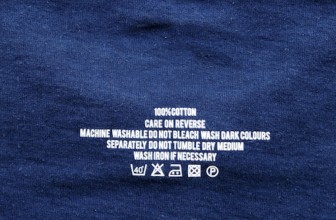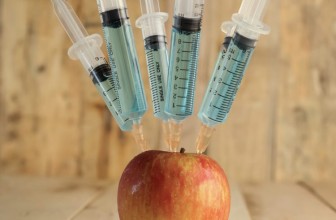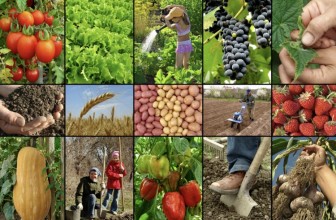Agricultural Knowledge in the US
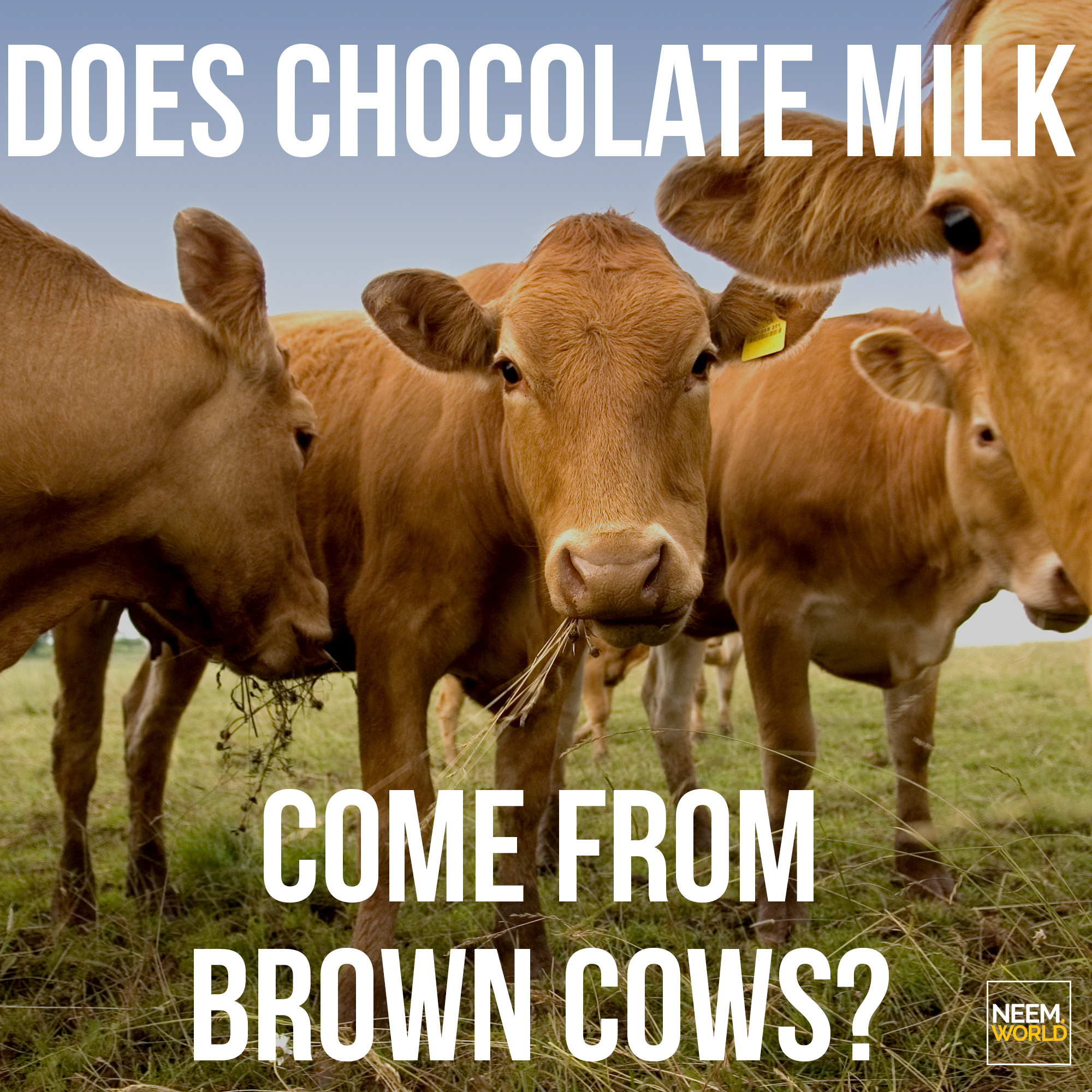
Without a basic knowledge of how agriculture works, global consumers are separated from understanding the most important and basic information about their survival – how and where their food comes from. Without this understanding, how can consumers be expected to make informed decisions regarding conventional versus organic practices, what makes agriculture more sustainable, or how it contributes to climate change?
Let’s look at the stats about what Americans know about the food and agricultural industry. To put it simply: nothing. In the 1990s, the US Department of Agriculture (USDA) found that 1 in 5 Americans didn’t know that hamburgers are made from beef. In the same survey, Americans were also unable to correctly answer basic farming knowledge such as what livestock animals were and what they ate.
Unfortunately, that consumer knowledge has not increased much. In 2002, 7% of Americans, when asked where chocolate milk comes from, answered that it came from brown cows. In a 2011 study, the majority of students surveyed thought that the bun came from an animal when identifying parts of a cheeseburger and the origin of those parts. Only 28% correctly identified that it had plant origins. Other informants in the study described how meat and milk come from farms, but vegetables come from the store. As one of the co-founders of the advocacy group FoodCorps said, “We are conditioned to think that if you need food, you go to the store. Nothing in our educational framework teaches kids where food comes from before that point.” To combat this lack of agricultural knowledge that begins at a young age, schools are now beginning to incorporate agricultural practices in curriculum, with many beginning gardens to teach children about the origins of the food that they depend on each day.
So, what does that mean for agricultural policy and the average consumer? It means that in order to become more informed about your choices regarding food and consequently your health, you must dig through biased information [link to front group post] and make the most informed decision you can. Agricultural decisions and policies have long been separated from concrete knowledge of agricultural and food production systems, creating consumers that lack sufficient information to make informed decisions. This has consequences on our health and the environment as it allows big agro-chemical and food companies to decide what is best for us – and they typically prefer profit over health.
What can you do? Become more informed about the different sustainable solutions in agriculture. Without sufficient knowledge, consumers will continue to allow the agricultural companies to decide our futures – compromising health and nutrition. With neem-based products in agriculture, we can avoid the health risks and bring the world into a sustainable future with smart, informed consumers.


